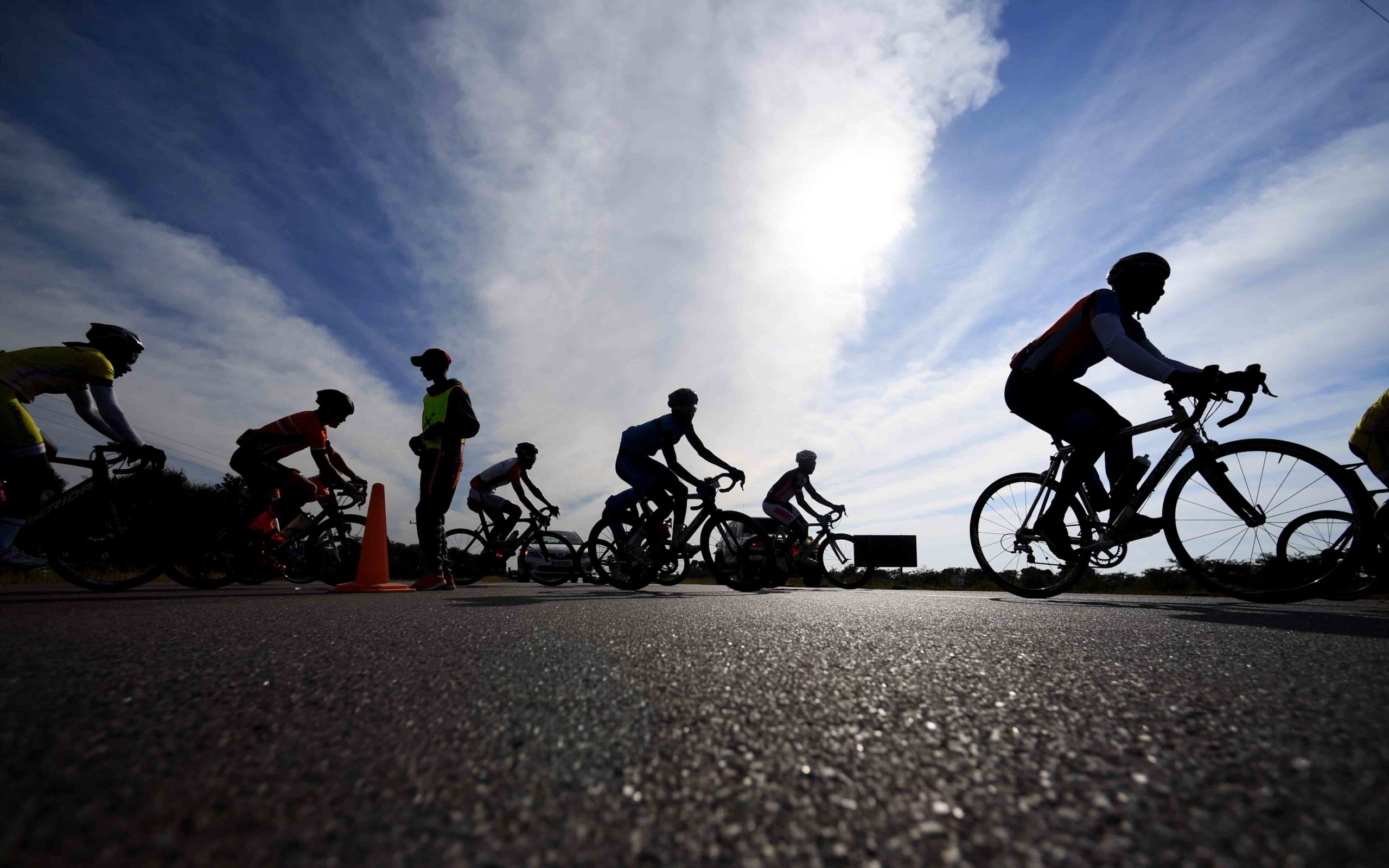As a loyal follower of the BBC, I was surprised last week to actually find an article on Gaborone. Unfortunately there was no positive news in the article. Gaborone, or rather most of its inhabitants, are indeed not particular enthusiastic about non-motorised transport. Why?
Being European, and having used my bicycle every day to get to school, I must express my surprise at why Gaborone seems to be hostile to the use of bicycles. People tell me that every society gets what it deserves and maybe Gaborone simply does not want to have bicycles roaming their streets?
I had the debate with many of its inhabitants and some blame the weather. According to them, it is too hot. Others blame the terrain. Gaborone is flatter than Amsterdam and I can thus hardly sympathise with that view. The reality is that our average inhabitant is indeed favouring motorised traffic over this pollution-free and healthy means of transport. Why?
The BBC article suggests that the car is seen as the ultimate and most people must get a car in order to be perceived as belonging to the better, upper-class of society. I remember when I arrived in Gaborone, driving a little Nissan car. My employer insisted that I bought myself a respectable car, as he called it. Architects must be seen to be well off and anything less than a German car is unacceptable! So I did as ordered and got myself a German model that set me back a lot of my salary, but was good enough to be seen at the local golf club.
By the way, my new boss had enrolled me at the golf club without my permission as architects must be a member of that select club. I soon learned that common sense was not appreciated and a new set of rules was enforced on me. Walking to work or cycling was a no-no. It is not forbidden, but, at the very least, it is frowned upon. How can anyone like me walk or cycle to work? It is simply not done!
Now, some thirty years later, the same attitude is still prevalent in Gaborone and bursting the myth is very difficult indeed. But the current traffic situation in the city should be helpful. Using a bicycle in the city will get you from A to B far faster than your car will, particularly during peak hours. Trying to get into it’s the Gaborone CBD by car is near impossible without wasting very valuable time indeed.
Our planners are presumably doing what the inhabitants want. They continue to not promote any form of non-motorised traffic and insist that the car be given at least 50% of our land in the city. They enforce strict parking bay regulations and completely disregard any of the non-motorised traffic. The CBD has neither foot nor cycling paths. Our city ensures that cyclists are ‘secondary citizens’ compared to the car-owners. And yet …
Cyclists are not polluting the city. Cyclists are exercising their bodies. Cyclists are using a fraction of the space the cars use. Cyclists go faster during peak hours. Cyclists save on fuel and limit carbon emissions to zero. But we like to show off, right? We like to keep up with the neighbours. We feel important driving around in our latest car. We do not care losing every day hours in traffic jams, for that is where we are seen to be affluent!
The reality is that we are slowly strangling ourselves and insisting on doing it for the sake of our image. Other cities presumably also only learned from first being strangled before they agreed to change. The older cities that have experienced what is to follow, if we continue to promote motorised traffic, have taken drastic steps and are now resolutely in favour of public transport, as well as walking and cycling. Twenty five world cities have already introduced free public transport. Hundreds are to follow. Paris started the procedure by giving free public transport to children, then they gave free transport to retirees and now they just introduced free public transport to all students.
Luxembourg is the first country that introduced completely free public transport! Its capital city was simply swamped by cars and the amount of pollution-related illnesses was sky-high. We can embrace the bicycle or wait until we are literally choking. I am buying a bicycle for sure! Who is joining me?
LUC VANDERCASTEELE
MANAGING DIRECTOR
MOLAPO CROSSING
EDITOR’S COMMENT
You raise attention-grabbing observations which I entirely endorse with the hope that our legislators will take notice and put progressive measures in place. But I must note that Luxembourg is a filthy rich tax haven where a lot of money stolen from mineral-rich African countries like Botswana is hidden, and that is what is being used to finance the “free public transport” while the majority of us cannot afford a bicycle. Another point to consider is that Botswana is tremendously hot and dry and there is shortage of water, which could possibly explain why those who can resort to personal cars with air conditioners do so. I would gladly join you in buying a bicycle but the predicament is that I do not know where we would ride safely because, as you well point out, there is no provision for cyclists. I do not want to die from heat stroke, dehydration, pollution-related illnesses or worse, getting hit by a reckless combi driver on my way to work in the morning. Even so, we need to bring the subject up at the top of the national agenda because traffic jams in this country are a serious impediment to productivity and may become a security issue in the near future. Thank you.

